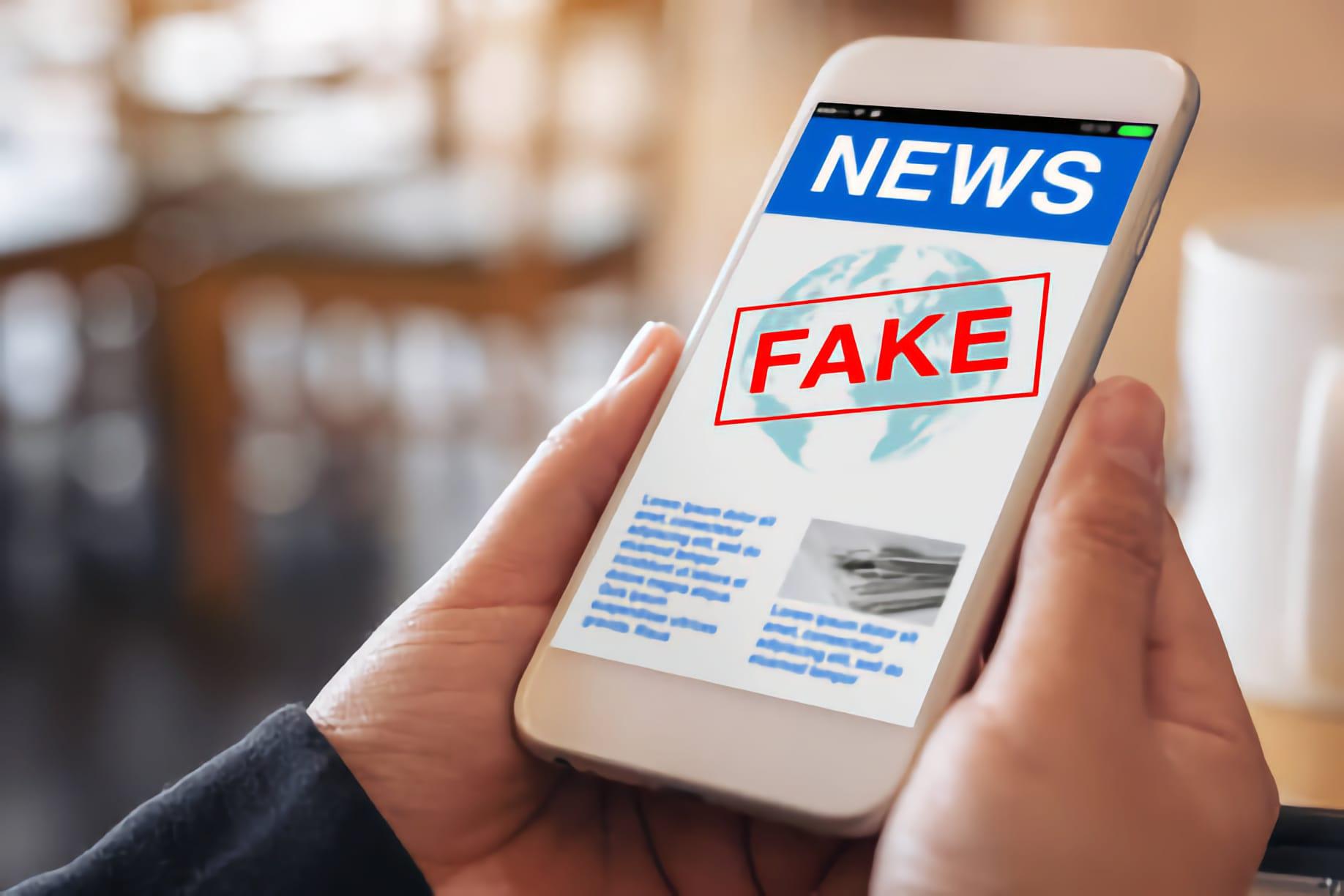Misinformation on Twitter, Facebook, TikTok, and YouTube: How Bad Is It Really?

Okay, let’s cut to the chase: social media is a dumpster fire for misinformation. You know it. I know it. Even your grandma’s probably sent you a Facebook post warning about some “new scam” involving bananas and car windshields.
But how did we get here? Why are Twitter (sorry, “X”), Facebook, TikTok, and YouTube basically free-for-alls for lies, half-truths, and bad takes? And most importantly: what can we do about it without deleting all our apps and moving to a cabin in the woods?
Let’s break it down, platform by platform.
🚨 Twitter/X: Home of Hot Takes and Cold Facts
Twitter was supposed to be the place for real-time updates. And it is… if by “real-time updates” you mean half-baked opinions, outrage bait, and fake screenshots.
Remember when people were convinced a Popeyes chicken sandwich shortage was linked to a government conspiracy? (It wasn’t.) Or when a single viral tweet claimed that the Pentagon had been bombed—using an AI-generated photo—and sent stock markets tumbling for a hot minute? (Yeah, that really happened.)
Part of the problem is how Twitter works. A tweet doesn’t have to be true to go viral; it just has to be spicy. Add in bots, trolls, and people who refuse to check sources because “it vibes with my gut,” and boom—you’ve got a misinformation factory.
Sure, Twitter has Community Notes now, where users can add context, but let’s be real: how many people actually read them before hitting retweet?
👵 Facebook: Aunt Karen’s Misinformation Playground
Ah, Facebook. The OG of social media and still the place where misinformation thrives.
From fake Amber Alerts to “helpful” posts about how onions cure the flu (they don’t), Facebook has a special place in the hearts of conspiracy theorists everywhere. The 2016 election? Facebook played a huge role in spreading political disinfo. Anti-vax movements? Facebook groups were ground zero.
Why? Two reasons:
- The algorithm loves drama. If a post makes people argue, comment, or hit share out of outrage, Facebook boosts it.
- People trust their friends and family. When Aunt Karen posts a meme with Comic Sans font about 5G towers causing COVID, some folks take it as gospel.
Facebook does slap “false information” warnings on posts these days, but let’s be honest… half the people just screenshot and share it anyway with captions like, “They don’t want you to know the truth!”
🎵 TikTok: Short Videos, Long-Term Misinformation
TikTok might seem harmless—just dances, memes, and cute dogs, right? Wrong. It’s also a breeding ground for misinformation because:
- Videos are short and snappy, so they feel more believable.
- The For You Page throws random content at you. One second you’re watching a recipe video; the next you’re in a rabbit hole about “how birds aren’t real.”
- Gen Z trusts TikTok almost as much as Google for info. (Seriously. Look it up.)
Remember when people claimed putting garlic up your nose cured colds? Or when users insisted sunscreen causes cancer, sparking a whole trend of people ditching SPF? TikTok tried to ban certain hashtags, but creators just invent clever spellings to sneak around them.
📺 YouTube: The Rabbit Hole Headquarters
If misinformation were a theme park, YouTube would be the main attraction.
YouTube’s algorithm loves keeping you glued to the screen. You click one video about “healthy eating,” and before you know it, you’re watching a 90-minute “documentary” about how the moon landing was faked.
Let’s not forget the endless parade of “truthers” who use slick editing and scary music to convince you that lizard people run the government. Or the rise of pseudo-science influencers who tell millions of viewers to avoid vaccines, drink bleach, or eat only raw meat because it’s “natural.”
To be fair, YouTube started adding Wikipedia blurbs under conspiracy videos, but… who’s reading that fine print?
Why We’re All Susceptible (Yes, Even You)
Here’s the uncomfortable truth: our brains are wired for misinformation.
- We love stuff that confirms what we already believe. (Hello, confirmation bias.)
- We share things that make us feel smart or ahead of the curve—even if they’re wrong.
- And social media moves so fast, we barely have time to pause and ask, “Does this even make sense?”
Plus, let’s face it: fact-checking is boring. Watching someone confidently say, “Big Pharma doesn’t want you to know this secret cure” is way more exciting than reading a dry Snopes article.
So… Can We Fix This Dumpster Fire?
Platforms are trying. Twitter/X has Community Notes. Facebook adds fact-check warnings. TikTok removes misleading hashtags. YouTube buries conspiracy videos.
But algorithms are designed to keep you scrolling—not to tell you the truth. So unless they completely overhaul how their platforms work (spoiler: they won’t), fighting misinformation falls on us.
Here’s how we can stop feeding the beast:
- Pause before sharing. If it sounds wild, check it first.
- Google it. One quick search can save you from spreading nonsense.
- Follow fact-checkers like Snopes, PolitiFact, and FactCheck.org.
- Call out misinformation in your circles, gently but firmly.
- Don’t engage with trolls. That’s their fuel.
The Bottom Line
Misinformation is like glitter—once it’s out there, it’s nearly impossible to clean up. And social media platforms are handing out glitter bombs daily.
So next time you’re scrolling and see a post that makes your jaw drop, ask yourself: “Is this real, or am I about to embarrass myself by sharing fake news?”
Because the fight against misinformation doesn’t start with tech billionaires. It starts with us.
- Art
- Business
- Causes
- Crafts
- Community
- Dance
- Drinks
- Education
- Fashion
- Film
- Fitness
- Food
- Games
- Gardening
- Health
- Home
- LGBTQ+ News
- Literature
- Music
- News
- Nature
- Networking
- Oddities
- Other
- Party
- Politics
- Religion
- Science
- Shopping
- Sports
- Theater
- Wellness



